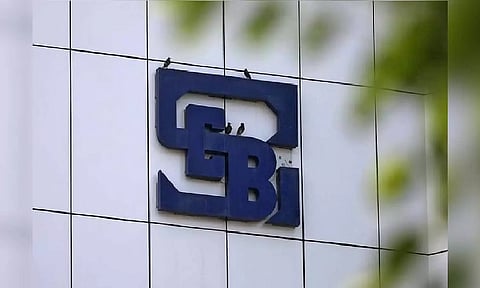

MUMBAI: To strengthen governance norms, markets regulator SEBI on Wednesday decided to introduce special rights to unitholders of REITs and InvITs by providing the right to nominate representatives on the boards. Also, Sebi has decided to introduce the concept of a self-sponsored real estate investment trust (REIT) or an infrastructure investment trust (InvIT).
The board of SEBI approved amendments to rules to provide nomination rights to unitholders holding 10 per cent or more of the total outstanding units of the InvIT/REIT, either individually or collectively, on the board of directors of the investment manager/ manager. This ensures pro-rata rights to all unitholders.
Over the years, retail investor interest in InvITs and REITs has been increasing. The current regulatory framework for InvITs or REITs does not explicitly provide for unitholders to have a say in the decisions made by the investment managers of these funds, SEBI said in a statement after the board meeting. However, big investors in InvITs/ REITs often have a say in investment decisions by nominating a director on the board of the investment manager.
''Considering that, REITs/ InvITs often acquire their assets from one of the sponsors -- related party transactions -- and that these funds are permitted to take on leverage, the decisions of the investment manager can have long-term material implications on the returns to unitholders. Thus, it is important that all unitholders have a say in the decisions made by the investment manager and not only those who have a significant unitholding,'' SEBI said.
In addition, SEBI said that principles of stewardship code would apply to members, nominated by the unitholders, on the board of directors of investment managers of REIT and InvIT.
In order to ensure continued alignment of interests during the life of the investment vehicle, the board has approved that sponsor of InvIT/ REIT be required to hold a certain minimum unitholding on a reducing scale for the entire life of the InvIT/ REIT. Further, the mandatory minimum unitholding would be locked-in and unencumbered.
Presently, a sponsor is required to hold a minimum of 15 per cent units for at least three years from the date of listing of units.
To create an opportunity for mature and independent, professionally managed investment managers to emerge, and to provide an additional exit option for the sponsor of InvIT/ REIT, the SEBI board has approved the proposal for introduction of self-sponsored investment manager.
Also, the regulator has listed out some of the key conditions for conversion of investment to the self-sponsored investment manager. Those conditions include the InvIT/ REIT to have been listed for at least 5 years, at least one of the sponsor(s) proposing to disassociate to have been a sponsor of the InvIT/ REIT for a minimum period of five years and investment manager meet the net worth criteria of a sponsor.
Post conversion, the minimum unitholding requirement applicable to the sponsor should be complied with and the existing sponsor or its associate should not own or control the investment manager. InvITs and REITs are asset monetisation vehicles which recoup investments over a very long period. Generally, the sponsor who sets up the InvIT/ REIT monetises its assets by transferring them to the InvIT/ REIT and exerts control over the decisions of the InvIT/ REIT through significant shareholding in the investment manager or manager. Therefore, it is essential that the interests of the sponsor remain aligned with the interests of investors during the life of these investment vehicles, SEBI said.